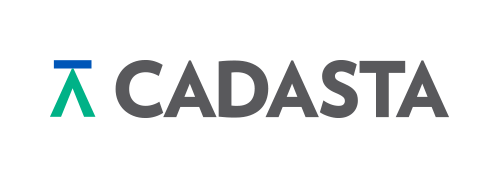Farmers, cooperatives, and agribusinesses can leverage Cadasta’s technology and training to quickly document and manage data on plot size and land use, land claims and governance structures, supply chain traceability and transparency, water access points, and other features.
Clarifying and strengthening rights to agricultural land is critical to livelihoods around the world. Land tenure underpins resilient food systems, supply chain transparency, women’s empowerment, and sustainable resource management. There are an estimated 570 million farms worldwide, the majority of which are smallholder and family farms lacking secure land rights.





